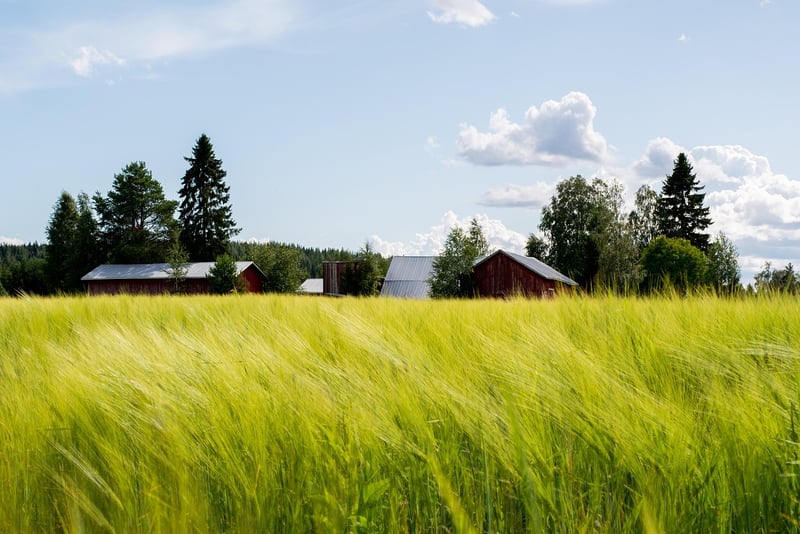Sustainable Crop Cultivation
The Future of Farming: Innovative Techniques for Sustainable Crop Cultivation
Farming is an essential part of our lives, providing food and resources to sustain our growing population. With the increasing demand for food production and the need to preserve our environment, innovative farming techniques are becoming more important than ever. Sustainable crop cultivation practices are not only beneficial for the environment but also for the farmers' long-term success. Let's explore some of the cutting-edge methods that are shaping the future of farming.
1. Vertical Farming
Vertical farming involves growing crops in vertically stacked layers, often in controlled environments. This technique uses less space and water compared to traditional farming methods and allows for year-round crop production. With the integration of technology such as LED lighting and hydroponic systems, vertical farming is revolutionizing agriculture.
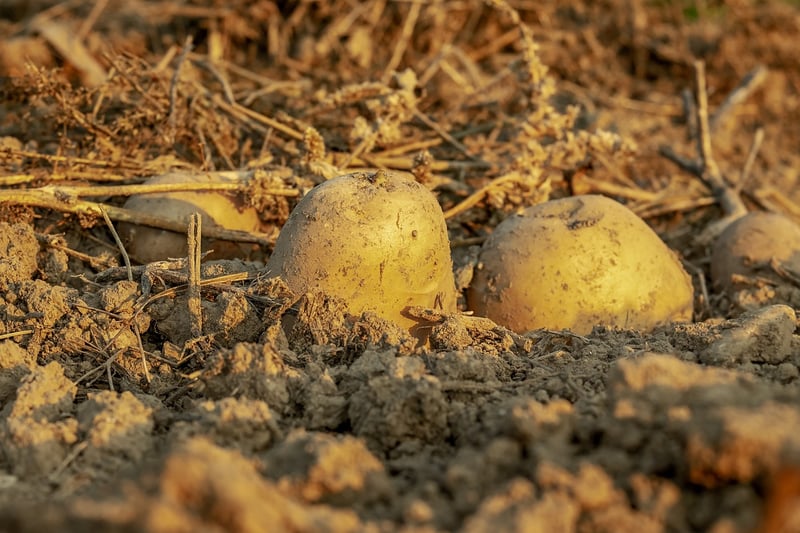
2. Precision Agriculture
Precision agriculture utilizes technology like GPS, sensors, and drones to optimize crop yields while minimizing inputs like water, fertilizers, and pesticides. By precisely managing resources based on data-driven insights, farmers can increase efficiency and reduce environmental impact.

3. Agroforestry
Agroforestry combines agriculture and forestry practices by integrating trees and shrubs into crop and livestock farming systems. This approach helps improve soil health, biodiversity, and resilience to climate change. By diversifying the landscape, agroforestry offers multiple benefits for both the environment and farmers.
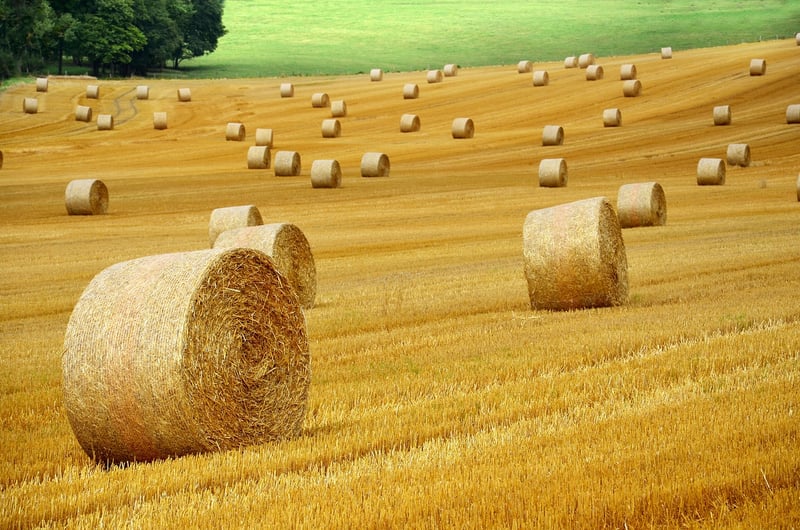
4. Hydroponics
Hydroponics is a soil-less farming technique that involves growing plants in nutrient-rich water solutions. This method conserves water, maximizes space utilization, and eliminates the need for traditional soil cultivation. Hydroponic systems can be implemented in various settings, from urban rooftops to indoor facilities.
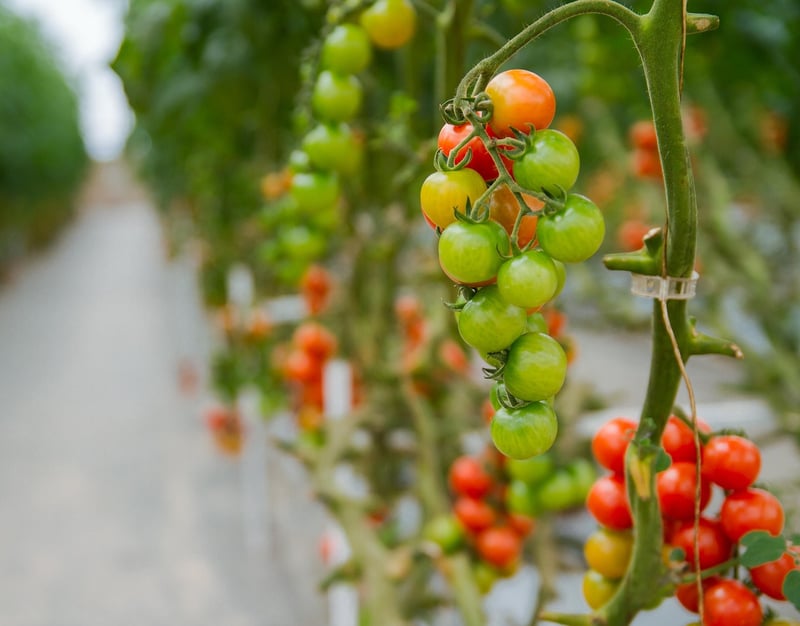
5. Cover Cropping
Cover cropping involves planting specific crops to cover and protect the soil during the off-season. These cover crops help prevent erosion, suppress weeds, improve soil fertility, and enhance biodiversity. By incorporating cover cropping into their practices, farmers can promote sustainable land management.
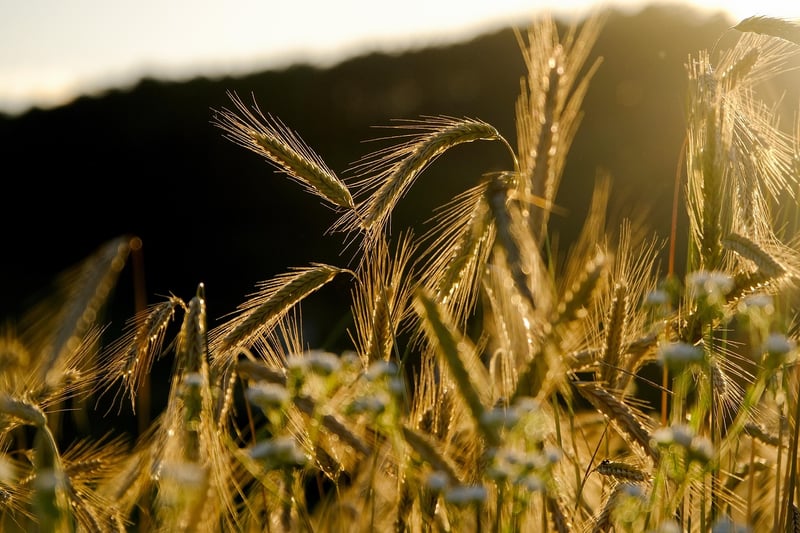
By embracing these innovative farming techniques, farmers can enhance productivity, reduce environmental impact, and ensure the long-term sustainability of agriculture. The future of farming lies in adopting sustainable practices that benefit both the planet and future generations.
Explore more about sustainable farming practices and join the movement towards a greener and more efficient agricultural sector!
